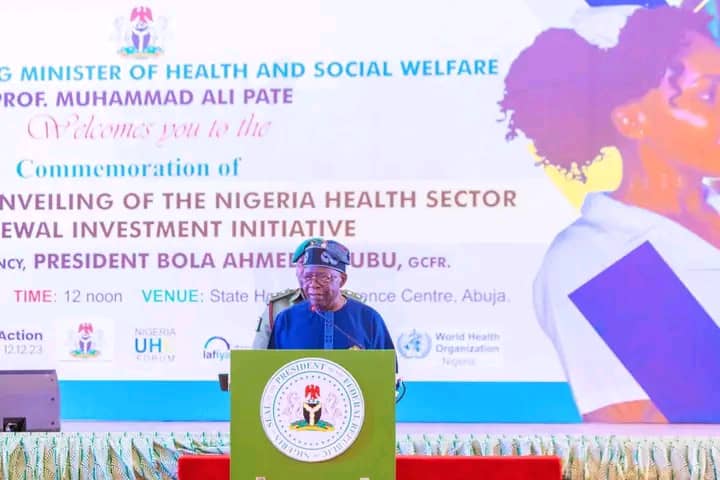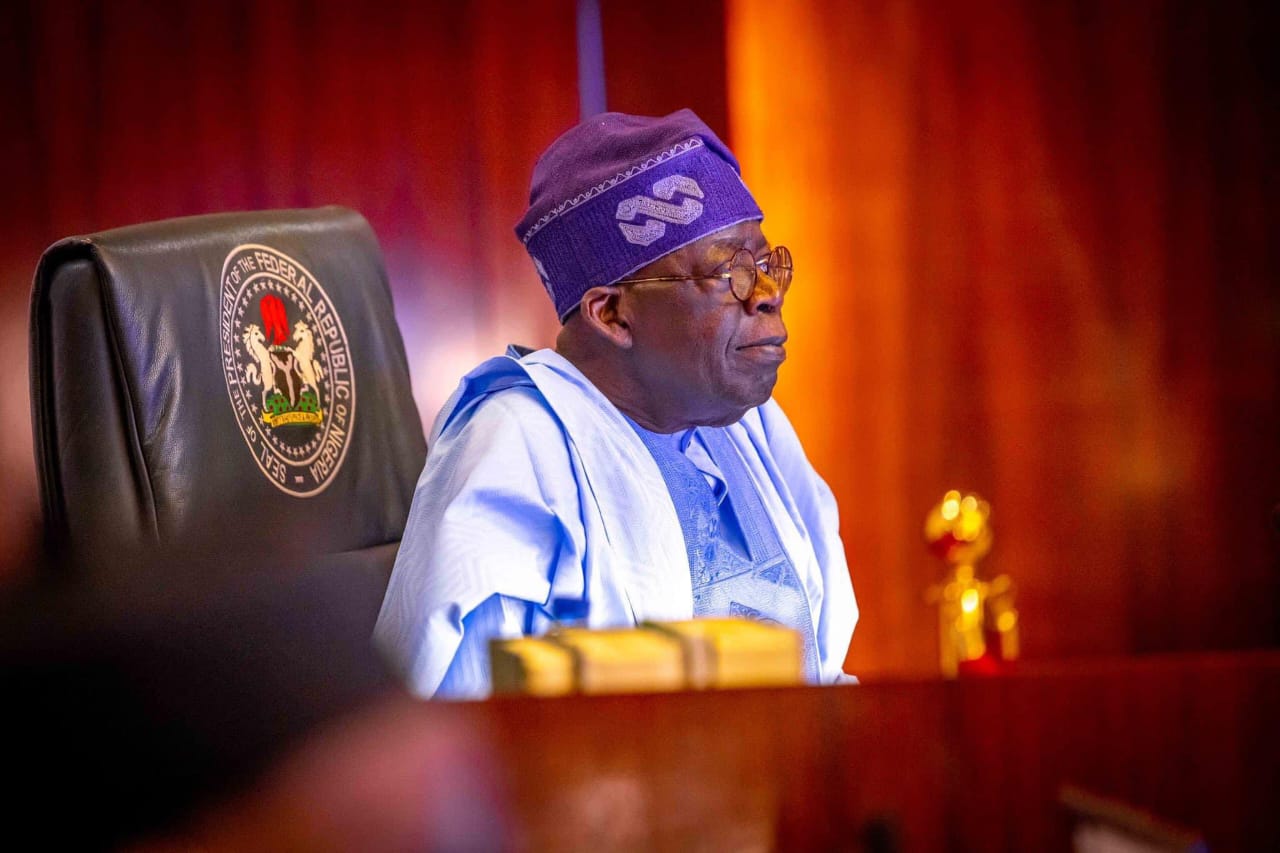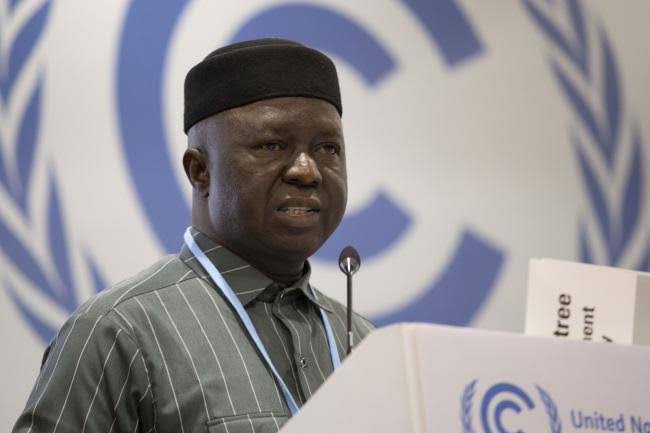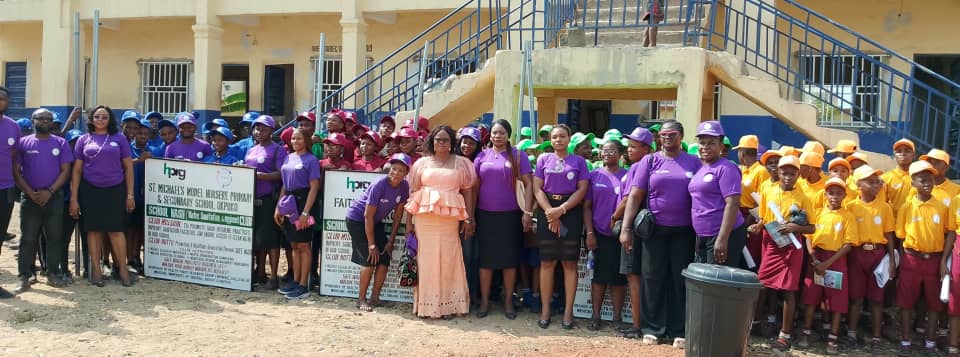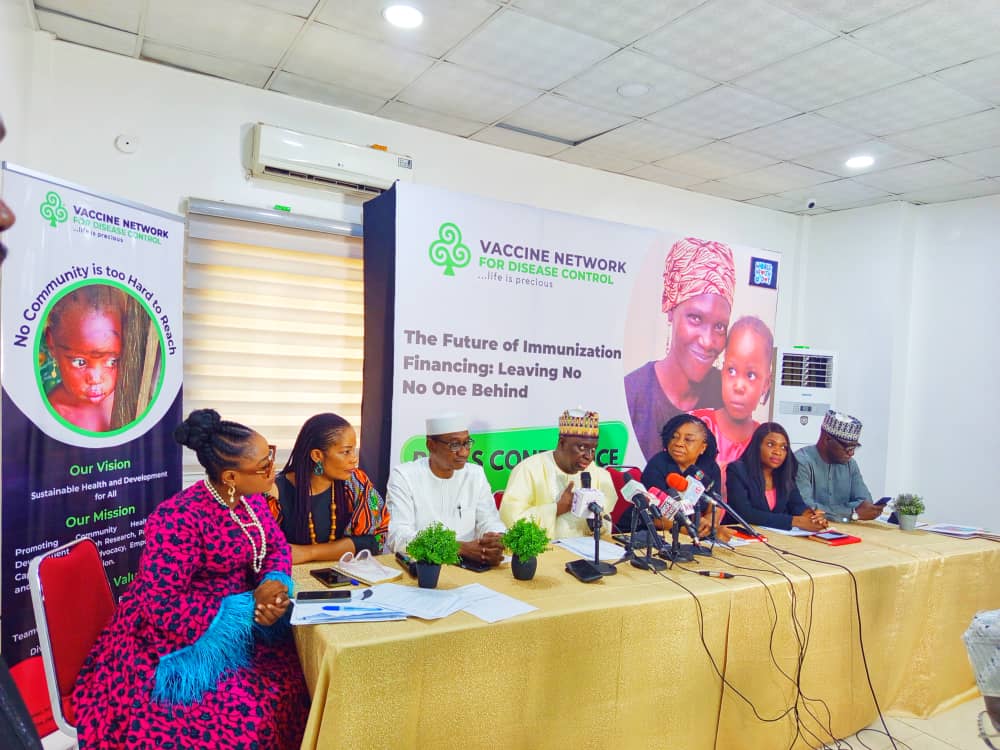
“With the exit of USAID funding and diminishing donor support, Nigeria’s vaccine financing is more vulnerable than ever.” – Chika Offor
By Fatima Saka
Amid growing concerns over dwindling donor support, the Vaccine Network for Disease Control and key stakeholders have issued an urgent call for sustainable vaccine financing in Nigeria.
They emphasized the critical need for a robust and predictable funding framework to safeguard immunization programs and prevent setbacks in primary healthcare delivery.
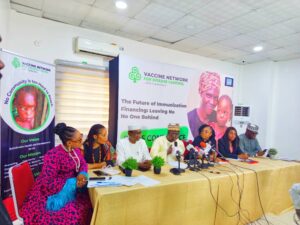
Speaking at a press conference in Abuja on Monday, the organization highlighted that vaccines are essential to public health and play a vital role in preventing diseases. Primary healthcare, they stressed, is a core pillar of the Vaccine Network Convention.
Mrs. Chika Offor, CEO of the Vaccine Network for Disease Control, emphasized the lifesaving impact of vaccines, which have been instrumental in Nigeria’s health and development goals.
Key Achievements in Immunization
Offor outlined major successes in immunization over the past two decades, including:
The eradication of the wild poliovirus.
Protection of over 30 million children under five from vaccine-preventable diseases.
A 71% national HPV vaccination coverage, safeguarding over 12 million girls.
She commended President Bola Ahmed Tinubu, Coordinating Minister of Health and Social Welfare Prof. Muhammad Ali Pate, and Minister of Finance Wale Edun for their commitment to immunization efforts. She noted that the 2025 budget’s allocation of N231.7 billion for immunization, malaria vaccination, and vaccine tracking is a significant step toward achieving universal vaccine coverage.
Challenges and Risks to Immunization Programs
Despite these achievements, Offor warned that vaccine financing in Nigeria is at risk due to reduced donor contributions and competing national priorities.
“With the exit of USAID funding and diminishing donor support, Nigeria’s vaccine financing is more vulnerable than ever. Shrinking fiscal space and other national priorities further threaten immunization programs. If we do not act swiftly, we risk reversing the progress made in 2024,” she cautioned.
She also highlighted Nigeria’s struggle with zero-dose children—those who have never received any routine vaccines. “These numbers represent real lives and futures at stake. We cannot afford to let vaccine shortages put our children at risk,” she stressed.
Call to Action
The Vaccine Network for Disease Control and stakeholders urged immediate and coordinated action from all levels of government, the private sector, and international partners. They specifically called for:
President Bola Ahmed Tinubu to instruct the Ministry of Budget and National Planning to establish a predictable and sustainable immunization financing framework. Currently, vaccine funds are allocated within the Service-Wide Vote, making disbursement uncertain.
The National Assembly (NASS) to support the inclusion of vaccine financing as a first-line charge in the annual budget to ensure timely and predictable funding.
State and Local Governments to allocate dedicated vaccine funding, ensure timely budget releases, and establish accountability mechanisms.
The Private Sector to actively contribute to vaccine financing, recognizing the role of immunization in driving economic growth and national development.
Offor also praised President Tinubu’s pledge to invest N1 trillion in strengthening Primary Healthcare Centers (PHCs), stating that a well-equipped PHC system ensures better vaccine access, fewer zero-dose children, and improved health outcomes.
Reflecting on previous hurdles, Offor noted that as of December 2023, vaccine financing in Nigeria faced uncertainty. “Despite continuous advocacy through the Partnership to Reach Zero-Dose Children (PREACH) initiative, the 2022 and 2023 vaccine funds remained unreleased. However, by December 2024, the Federal Government released the outstanding funds and allocated 25% of the 2024 vaccine budget.”
“The time to act is now. Every child, every eligible girl, and every community deserves access to life-saving vaccines. Let us invest wisely in immunization and protect our nation’s future,” Offor stressed.
Senator Dr. Ibrahim Yahaya Oloriegbe, Chairman of the National Health Insurance Authority, underscored the economic benefits of investing in vaccines. “If we allocate more funds to vaccines, we spend less on treatment and managing preventable diseases. Recent outbreaks across Africa highlight the consequences of underfunding immunization,” he said.
Professor Emmanuel Alhassan of the Global Health Advocacy Incubator (GHAI) pointed to Rwanda as a model for sustainable vaccine financing, noting that their health system ensures predictable funding through a first-line charge approach. “When buying vaccines, you need long-term planning. If funds are delayed, vaccine shortages are inevitable. A first-line charge guarantees timely disbursement, preventing stockouts.”
READ ALSO: Key Government Officials, Industry Leaders to Attend MARAN’s Forum
Lagos Gas Explosion: Children Among 15 Severely Burns
He also emphasized the importance of transparency in fund allocation and accountability at all levels of government. “Timely and predictable funding is critical to securing Nigeria’s future health outcomes,” he added.
Distinct News reports that the Vaccine Network for Disease Control and its partners reaffirmed their commitment to advocating for sustainable vaccine financing.

